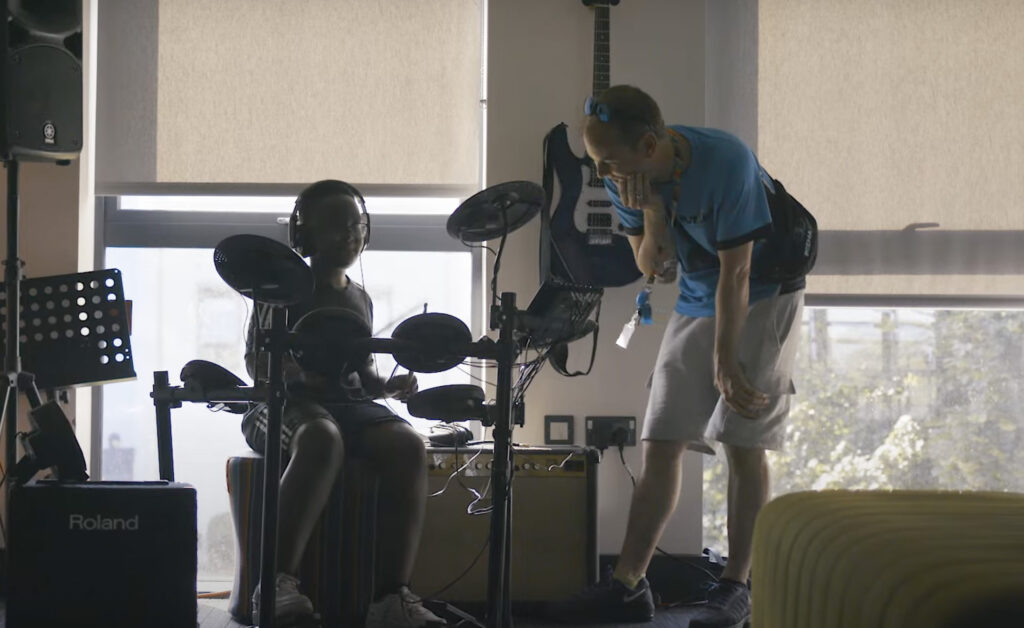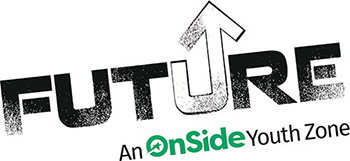Whenever I’m asked why I work in the youth sector my answer is simple – it’s because I am a product of some excellent youth work. It helped me find myself and to access opportunities I never would have otherwise. I joined my local youth club when I was 11. I went along and never left. As soon as I could apply for a job when I was 18, I became a youth worker as I wanted to repay everything I was given.
I’m still in touch with the youth workers who impacted me when I was younger; in a way, I still feel like I’m the young person. Even though times may have changed, the youth work methods and ideas behind it haven’t. And now it’s come full circle. I recently met up with two young people I used to support who are now full-time youth workers elsewhere. I met them when they were 10, and they’re now in their mid-20s.
I’ve done many kinds of youth work; working with youth councils, youth voice and social action projects to name a few. What’s been at the core of each role is the unique voluntary relationship between a young person and their youth worker. Young people are passengers in so many parts of their lives, things are done for them, or at them, not with them. With youth work it’s different, young people pick who they interact with at a youth club. There’s this beautiful voluntary dynamic that makes it so powerful.
That’s one of many things that’s underappreciated about youth work. I find people don’t really understand what we do when looking from the outside – that includes some of my family, and I’ve worked in the sector for decades!
Because of this lack of understanding, it feels as if youth work needs to be justified, as if it’s an addition or a nice to have. Teachers don’t need to explain why they teach. They don’t have to explain the pedagogy of learning. The outside world sees youth workers as the professional pool and table tennis players. But the whole point of those activities is to be a tool to spark those often lifechanging conversations, to build relationships, and provide support.
That’s why I think we need to do more to sell the importance of our work to others – and why campaigns like Youth Work Week are so important. Part of it is articulating what we do. We are almost like a secret workforce that people don’t see or even realise exists – but that is making a huge difference every day. We’re there when young people need us, often at times when other support isn’t there.
As well as explaining what we do, it can be challenging to measure impact. There’s no GCSE, so it doesn’t work as a tidy pie chart. It has improved over the years, and the work we’re doing across the OnSide Network with the Me App 1:1 evaluation approach built into youth work conversations with our young people is helping us prove and articulate the impact of or work in a different way.
Where I see the impact most clearly is in the stories that come directly from young people, and I have heard hundreds over the course of my career that each bring to life that youth work – that unique trusted relationship between a young person and a youth worker – works.
As youth workers we sometimes don’t realise the impact of the opportunities we provide young people. Something may have been just another conversation, trip or activity, but for them, it was the conversation or activity. It was life-affirming and becomes seared in their memories. My favourite moments are when I bump into young people who I used to work with, and they are able to reflect on what their experiences meant and how it changed something for them. Sometimes these are huge impacts – like conversations that inspired their future career choices and sometimes they are small but really impactful changes. For example I recently ran into Jordan who is now 23 and doing really well. He reminded me of the residentials we went on and how they really opened him up to the countryside. Spending time in the outdoors is now a really important part of his life and leisure time as an adult and that’s come from his experiences with us as a young person. It’s these moments when you know you’ve made a difference.
Youth workers are often brought in to fix a perceived problem, as if young people have something wrong. But I don’t believe that. Every young person has the potential to succeed. Being a teenager is a time of testing boundaries, finding yourself, and sometimes taking risks. Youth workers help young people navigate and assess those risks and challenges and make positive choices. We are so much more than professional table tennis and pool players. We are trusted adults in young people’s lives and these relationships must be cherished, nourished, and protected in our ever-changing world.


